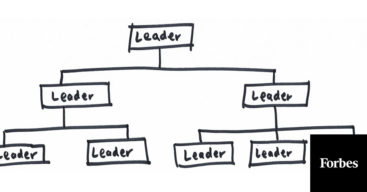I’m currently helping a client think about mentoring in their organization. In the process I’m reviewing Chip Bell and Marshall Goldsmith’s good book Managers as Mentors. In it I came across a piece of advice that Fred Hassan, former Chairman of Shering-Plough and Bausch & Lomb and current Managing Director of Warburg Pincus, received from an early mentor in the 1970’s, which has stuck with him for over forty years now—Fly High, Dive Deep.
Hassan recollects the conversation:
He said that in business and life we should be like a seagull, which means you fly high so you can see the environment and the fish, and you also have to be able to dive and get in deep to catch the fish. He emphasized the importance of having the ability to see the big picture, and also get very detail oriented and execution oriented. It was a tremendous comment, which I remind myself of again and again, that I need to be hands on at times and I need to be conceptual at times. Some people are very good at seeing things, but they don’t get the job done. Others are very focused on getting it done, but they don’t see the right things to do. My mentor taught me that the seagull sees the opportunity and then dives in to capture the opportunity.
It’s great advice and I love the simple analogy. I’ve found that transitioning between the two modes is one of the toughest things a senior leader has to do. In my experience, each of us is predisposed to one mode and have to train ourselves for the other. There are a lot of strategies for doing that. Here are two of simplest:
- If you’re predisposed to “flying high” and seeing the big picture, keep asking yourself HOW in order to dive deeper. How will we pursue that idea? How will each piece play out? How will we get tripped up/blocked/stopped? How will we win? Don’t stop until you get compelling clarity.
- If you’re predisposed to “diving deep” and getting things done, keep asking yourself WHY in order to fly higher. Why take this action in the first place? Why is this a good idea? Why spend our precious resources here? Why do we care about this so much? Again, don’t stop until you get compelling clarity.
It’s tiring, but it’s essential. Think of the best leaders you know. I bet they’re good at moving between the two.



